Side Effects Of Eating Too Many Bananas: 14 Health Risks
From constipation to drowsiness - this tropical fruit can affect your health in many ways.
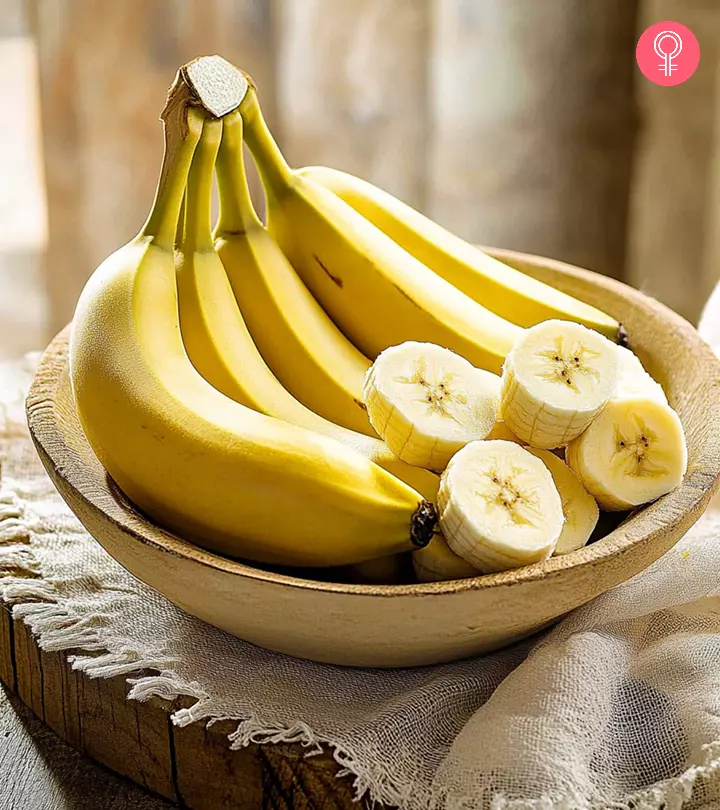
Image: Midjourney/ StyleCraze Design Team
Bananas are a favorite of many. They are replete with nutrients. But can you eat too many bananas? The answer is no, because excessive consumption of bananas may affect your health. Here, we have explored the side effects of bananas.
Bananas help alleviate certain key health concerns and are deemed safe enough to be given as one of the first solid foods to babies. So what then could go wrong when you consume bananas? Maybe consuming too much of it? Read on to find out the 14 possible risks associated with excess consumption of bananas.
 Know The Flip Side: Bananas
Know The Flip Side: BananasShort-Term Effects
Tooth decay, allergies, weight gain, ragweed allergies, constipation, abdominal pain, weight gain, and drowsiness.
Long-Term Effects
Aggravates the risk of type 2 diabetes, hyperkalemia, and migraine.
Drug Interactions
Overconsumption may affect antihypertensive (beta blockers and ACE inhibitors), antibacterial, and diuretic medications.
When To See A Doctor
If you experience excessive cramping, throat irritation, and wheezing, or kidney dysfunction.
In This Article
Side Effects Of Bananas
- Weight Gain
- Migraine
- Hyperkalemia
- Tooth Decay
- Drowsiness
- Nerve Damage
- Ragweed Allergy
- Hypersensitivity In Patients Allergic To Latex
- Respiratory Problems
- Abdominal Pain
- Anaphylactic Shock
- Constipation
- Gas
- Risk Of Type 2 Diabetes
1. Weight Gain
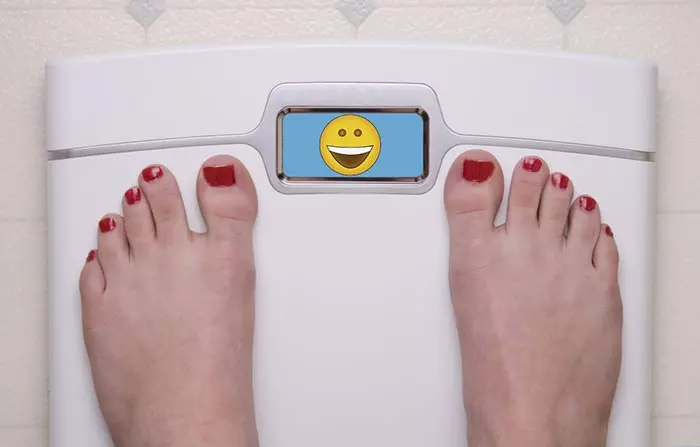
Agreed that bananas, in comparison to your favorite box of cookies or crisps, have lesser calories, but, they still have enough calories to make you put on weight. That is if you don’t keep a tab on your portion sizes.
A medium-sized banana contains 105 calories. That, in comparison to a medium-sized orange (62), a bowl of diced watermelon (45), or a cup of grapes (62) is a lot higher. So, if you’re looking for a low-calorie snack to indulge in every few hours, bananas may not be the best choice. Instead, fruits and veggies with high water content like watermelon, strawberries, cantaloupe, peaches, cucumber, lettuce, zucchini, cabbage, etc. make for better snack choices. They have fewer calories and high fiber content to keep you full for long.
The banana is a great fruit that can be eaten in many ways. However, if you eat too many bananas, you may gain weight. This is due to the high amount of calories contained in the fruit. A single large banana contains about 100 calories. If you eat two bananas per day, you would consume 200 calories each time. That’s almost 500 extra calories per day! Here’s when the question of how many bananas I should eat a day arises. The answer is it is dependent on your calorie budget per day and your weight loss or weight gain goal.
2. Migraine

If you’re often troubled by excruciating migraine attacks, you may want to avoid including bananas in your daily diet. Tyramine, a substance found in many foods like cheese, fish, meats, and bananas is a trigger for migraine headaches (1). Since banana peels contain ten times more tyramine than banana pulp, be extra cautious about removing the stringy pieces of peel from the fruit before eating it.
3. Hyperkalemia
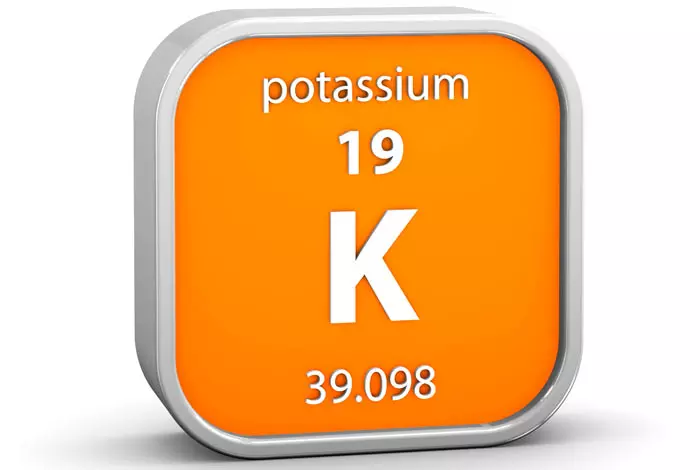
Hyperkalemia is a condition caused due to excess potassium in the blood and is identified through symptoms like uneven pulse rate, nausea, and irregular heartbeat that can even lead to heart attack. Excess consumption of potassium may cause hyperkalemia in adults. There are certain diet plans like the GM diet that recommend excess intake of bananas on certain days. If you follow such diets, you could just be calling for trouble.
 Did You Know?
Did You Know?4. Tooth Decay

Being high in starch, bananas can cause serious tooth decay if you don’t maintain proper dental hygiene.
A 2025 study published in the Plos One research journal noted the levels of nutrients, such as dietary fiber and sugars in bananas taken from various retail stores, at different stages of ripeness, as shown in the graph below.
The graph illustrates that once the banana ripens, its starch content significantly decreases but its sugar content rapidly rises. Thus, you can prevent tooth decay from banana starch by avoiding excessive intake of unripe and slightly ripe bananas.

Dietary fiber, starch, and sugars in bananas at different stages of ripeness in the retail market
Source: Dietary Fiber, Starch, and Sugars In Bananas At Different Stages Of Ripeness In The Retail MarketAccording to certain studies, bananas can be even more detrimental to your oral health as compared to chocolates, red licorice, and chewing gum (2). Starches dissolve slowly in the mouth whereas sugars dissolve quickly. Therefore, when you consume foods like bananas, their particles rest between the teeth for about two hours and thus attract more bacteria, resulting in more cavities.
5. Drowsiness

Always thought that beginning your day with a banana was a great idea? What you probably didn’t know was that bananas can make you feel drowsy, even if you’ve just started the day. They are rich in tryptophan, an amino acid that can reduce your mental performance and reaction time, apart from making you feel sleepy. A 2010 review published in Neuroscience & Biobehavioral Reviews examined how tryptophan (Trp) loading affected memory, mood, and sleep in humans. Since tryptophan helps make serotonin, a brain chemical that affects these functions, researchers compared its effects to tryptophan depletion, which lowers serotonin levels. It slowed reaction time and movement because of its mild sedative effect. The review suggested that tryptophan’s effects depended on a person’s serotonin levels, benefiting some while making others feel sleepy (3). So, bananas can in fact make some people slow when consumed in the morning. Bananas also contain high doses of magnesium, a mineral that aids muscle relaxation. These properties, however, make them a good snack before bedtime.
6. Nerve Damage

Since bananas contain vitamin B6 in high amounts, their overconsumption can result in nerve damage. Very high consumption of vitamin B6 supplements without prescription can result in nerve damage (4). However, the possibility of nerve damage through banana consumption seems rare unless you are a bodybuilder with a banana obsession or if you are participating in a banana eating competition.
7. Ragweed Allergy

Ragweed allergy is a condition that causes your immune system to react when you inhale ragweed (weeds that grow throughout the United States) pollen grains. A person suffering from this allergy displays symptoms like swollen lips, irritated throat, swollen tongue, etc. People who are already suffering from ragweed allergy might experience similar symptoms upon consumption or even handling of bananas. However, limited data is available to prove these claims.
8. Hypersensitivity In Patients Allergic To Latex

As per a study conducted by the Annals of Allergy, Asthma, and Immunology, those who are allergic to latex display hypersensitivity to bananas too. A 1996 study published in Annals of Allergy, Asthma & Immunology examined the link between banana allergy and latex allergy. Researchers studied 19 patients with latex allergies and tested their reactions to bananas using skin prick tests, blood tests, and immunoblotting. They found that 50% of patients had symptoms after eating bananas, and 36% showed positive skin test results. Blood tests showed that 63% of patients had IgE antibodies reacting to bananas, and 89% had specific banana IgE antibodies. The study identified two major banana allergens, 33 kD and 37 kD, and found that bananas and latex share more than ten common allergenic components. These findings supported the “latex-fruit syndrome,” where people allergic to latex are more likely to react to certain fruits like bananas (5). Common allergic reaction symptoms may include wheezing, a runny nose, coughing, itchy throat, and watery eyes.
9. Respiratory Problems

Another problem that is an offshoot of ragweed allergy is inflammation. It might constrict airways and cause respiratory problems like a difficulty in breathing. In severe cases, this might also affect swallowing (6).
10. Abdominal Pain

If you indulge in bananas that aren’t ripe enough, you may end up with a severe stomach pain. You may also experience nausea along with the abdominal pain. Unripe bananas contain a high amount of resistant starch that takes a long time for your body to digest. You may also experience immediate vomiting or diarrhea.
11. Anaphylactic Shock

Some individuals allergic to bananas can also experience a serious immune response, known as anaphylaxis, with a sudden drop in blood pressure. Their respiratory troubles inhibit blood oxygen levels from rising, and they can experience shock. Watch out for symptoms such as increased or reduced pulse rate, light-headedness, and faintness. A study conducted by the Journal of Medical Case Reports reveals such extreme cases of banana allergy even in infants (7). The study further suggests that while introducing solid foods to their babies, parents must be cautious and consider banana as a potential allergen.
12. Constipation

Shocked? Yes, we were shocked too on learning that bananas cause constipation! All along, we have known that bananas aid bowel movements, but the magic lies in how ripe the bananas are. Unripe or green bananas are rich in resistant starches, which can increase the risk of constipation. They even contain heavy doses of tannic acid that has an inhibitory effect on the digestive tract. Tannic acid obstructs the secretion of the gastrointestinal fluid and curbs gastrointestinal motility (8). A ripe banana, on the other hand, can help alleviate constipation. Bananas have been reported as constipation-causing foods (9). Irene Opoku-Acheampong, MPH, RD, LD, says, “Bananas are constipating, so if you have chronic constipation, it’s best to avoid bananas until you’ve passed a few soft bowel movements.”
Bananas are filled with fiber, but they do not contain enough water to make them easy to digest. As a result, your body absorbs less than 10% of the fiber. Fiber helps keep your digestive system healthy and regular. When you don’t have enough fiber in your diet, your bowels become sluggish and constipated.
 Quick Tip
Quick Tip13. Gas

Excess consumption of bananas may result in gas. They contain soluble fiber and fructose, both of which can cause gas. If you suddenly increase your intake of fiber or consume it in huge amounts, it takes a lot of effort for your large intestine to break down the fiber, and it can thus cause gas. Similarly, in the case of fructose, when taken in large amounts, your body can find it difficult to digest it.
14. Risk Of Type 2 Diabetes
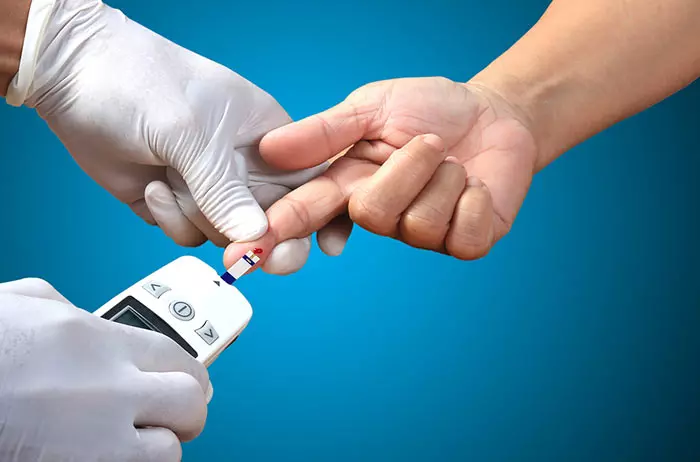
Bananas fit the ‘medium-level’ glycemic food category, which means that they have the ability to cause a slight spike in your blood sugar levels. Irene says, “Bananas are also carbohydrates, and 1 medium banana counts as 2 servings of carbohydrates. Therefore, bananas should be limited by those who have diabetes.”
Mary Sabat, MS, RD, LD, adds, “Since bananas are high in sugar, people with type 2 diabetes or those who are overweight might have to limit their intake of bananas or combine them with other foods high in protein and/or fat to blunt the insulin response. For most people, however, bananas can be enjoyed like any other fruit in moderation.”
Since the overconsumption of foods with a high glycemic index can increase your risk of developing type 2 diabetes, obesity, and cardiovascular diseases, you should regulate your intake of bananas. This is all the more true in the case of overripe bananas as they have a higher glycemic index as compared to regular bananas (10). However, Barbara Kovalenko, a nutrition consultant says, “Yes, bananas are a natural source of sugar, with an average medium-sized banana containing about 14 grams of sugar. However, this sugar is naturally occurring and is accompanied by fiber, vitamins, and minerals, which can help regulate its impact on blood sugar levels.” In the end, it is recommended to watch out for how many you eat in a day.
In short, there are many banana benefits, and so do their side effects. The idea is to eat in balance so your body can only absorb the goodness of this fruit.
Key Takeaways
- Bananas can cause bloating and constipation if you have them in excess quantities.
- Similar to chocolates, bananas can also create cavities if you do not take extra care in removing the starch particles from your teeth.
- Bananas are high in calories, so avoid them when aiming for weight loss.
- Bananas contain a substance called Tyramine that can cause severe migraine headaches.
Caution
Here are some warnings and precautions regarding the consumption of bananas:
- In case your kidneys don’t function properly, keep your intake of bananas to a minimum. Too much potassium in your diet can put a lot of strain on your kidneys to remove the excess from your blood. This can be very dangerous.
- Since bananas are stored at room temperature, they can get spoiled easily and should be eaten within two days since the day of purchase. At the same time, it is important that you avoid eating underripe bananas.
- If you experience cramping, hives, wheezing, and throat irritation each time you eat a banana, you could be allergic to either the bananas or to other fruits containing the same protein.
- Irene says, “Banana is an alkaline fruit, which means it has low acid content. People with acid reflux may tolerate this fruit better than citrus fruits, such as oranges and grapefruit.” However, Mary adds, “Banana is a low acid food and may feel good for someone who has acid reflux. However, people with acid reflux should avoid eating bananas right before bedtime, as they may actually cause heartburn since they are lying down on a full stomach.”
- In case you want to increase your intake of bananas, do consult your doctor to know the recommended dosage.
Major Interactions
When you are taking medication, you should keep in mind the following banana-drug interactions (11):
1. Beta-Blockers
If you are a heart patient, your doctor may have prescribed you a type of medication called beta-blockers. This medication causes a surge in the level of potassium in the blood. You must, therefore, consume bananas in moderation as they are rich in potassium and can cause a dangerous rise in the potassium levels in your blood.
2. Oxazolidinone Antibacterials
If you are on oxazolidinone antibacterials, you might want to watch your intake of bananas. Bananas contain tyramine that can cause a dangerous increase in your blood pressure when supplemented with oxazolidinone antibacterials. Check with your doctor on the allowed intake.
3. ACE Inhibitors (Angiotensin-Converting Enzyme Inhibitors)
Doctors prescribe these medicines to lower blood pressure or treat heart failure. Like beta-blockers, they increase the amount of potassium in the blood. You must, therefore, avoid overindulging in bananas if you’re on this drug as you may experience irregular heartbeat and palpitations (17).
4. Diuretics
Doctors prescribe diuretics to help the body remove water, sodium, and chloride. Diuretics also help reduce the swelling caused by heart or liver problems. They help treat high blood pressure too. Since some diuretics increase the levels of potassium in the body, you should lower the intake of bananas as they can further increase the level of potassium in your blood, which can be dangerous (18).
Though we have listed down all the cons of eating bananas, do you wonder are bananas good for you? We cannot deny the fact that when eaten in moderation, they certainly are. Unless, of course, you have a health concern that doesn’t allow you to eat them.
The U.S. Department of Agriculture recommends every healthy adult to enjoy two cups of fruit daily (equal to two bananas). Instead of making bananas your staple diet, you should have them alongside other healthy foods. Only then, you can make the best of the benefits of bananas.
Hope we addressed some of the questions you may have had about side effects of banana. Do give us your feedback in the comments section below.
Infographic: 5 Common Side Effects Of Bananas
Bananas are rich in various nutrients, making them ideal for daily consumption by babies and adults alike. However, eating too many bananas may lead to adverse health effects. We have rounded up the 5 common side effects of consuming too many bananas. Check out the infographic below to know more!
Some thing wrong with infographic shortcode. please verify shortcode syntaxWhile bananas are a healthy, tasty fruit, excessive consumption can have some negative effects. The side effects of bananas include migraine, tooth decay, and an increased risk of nerve damage. They may also cause gas or bloating in moderate cases and trigger an anaphylactic shock in severe cases. They may also interfere with certain medications like beta-blockers, diuretics, and ACE inhibitors. But do not get into the dilemma – are bananas bad for you – because most of these are associated with excess consumption. Limiting or avoiding their consumption can help avoid these complications.
Frequently Asked Questions
What happens if you eat 2 bananas a day?
Having two bananas a day falls within the acceptable recommended limit and is safe.
Is having 4 bananas a day too much?
Possibly. Having too many bananas in a day may lead to abdominal cramps, pain, and gas.
What happens if we eat bananas on an empty stomach in the morning?
Anecdotal evidence suggests that having bananas on an empty stomach might lead to abdominal cramps, constipation, and dizziness (15).
Can we drink water after eating a banana?
Anecdotal evidence suggests that having water after consuming bananas may lead to indigestion.
How long does a banana take to digest?
A banana takes about 30 minutes to digest (16).
Can I eat bananas every day?
Yes, you can eat bananas every day. However, since the fruit is high in calories, it is essential to limit its consumption to avoid side effects like weight gain. It is best not to eat more than one or two bananas a day. People with underlying medical conditions and allergies should also consult their doctor before consuming bananas daily.
Are bananas good for weight loss?
Yes, bananas are good for weight loss if you have them in moderation and as a part of your balanced diet. They can especially come in handy if you are craving something sweet, as bananas are naturally sweet.
Illustration: Side Effects Of Eating Too Many Bananas
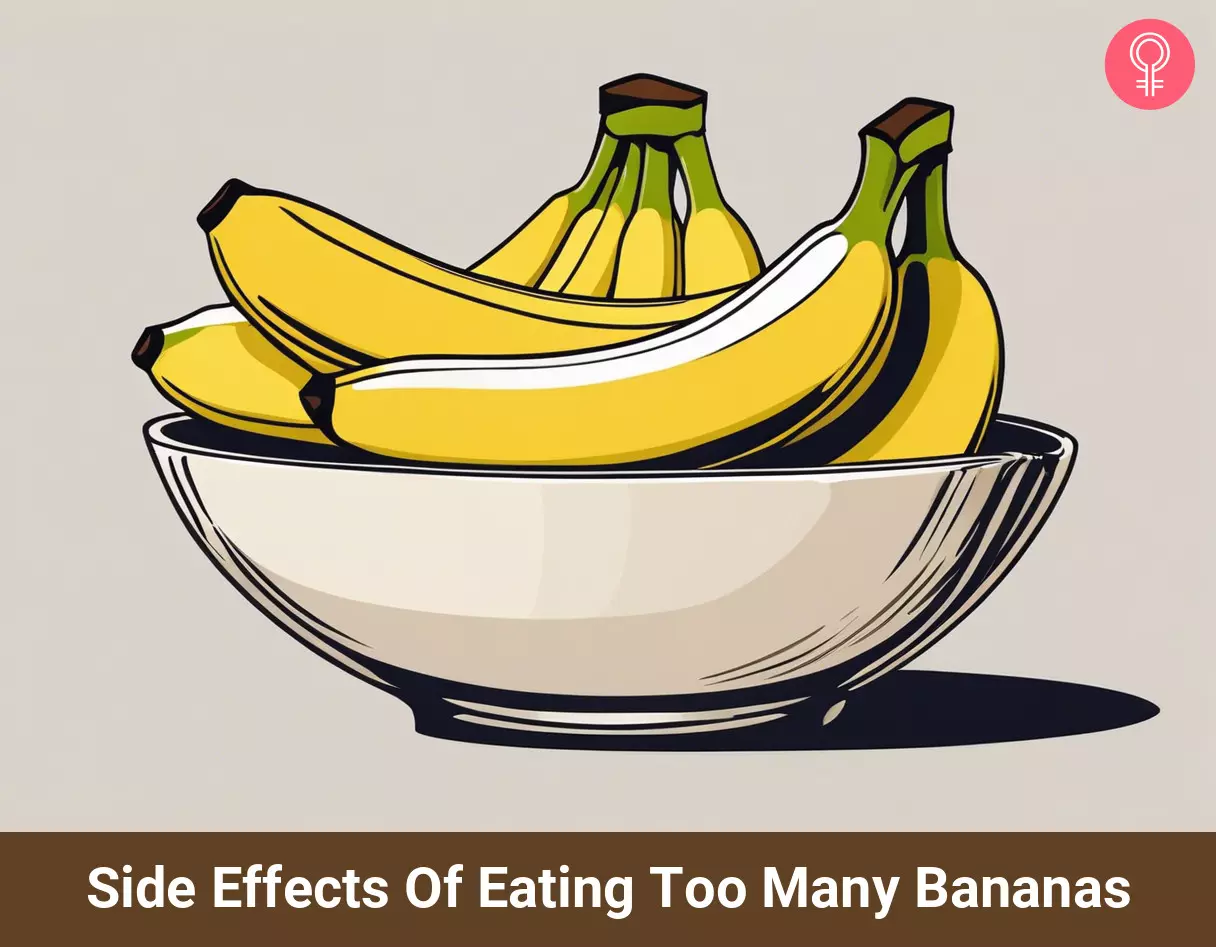
Image: Stable Diffusion/StyleCraze Design Team
Are you eating too many bananas? Find out the serious side effects of eating too many bananas at once in the following video. Take a look!
References
Articles on StyleCraze are backed by verified information from peer-reviewed and academic research papers, reputed organizations, research institutions, and medical associations to ensure accuracy and relevance. Read our editorial policy to learn more.
- The role of tyramine in the aetiology of migraine and related studies on the cerebral and extracerebral circulation
https://headachejournal.onlinelibrary.wiley.com/doi/10.1111/j.1526-4610.1968.hed0803084.x - Nutrition And Oral Health
https://www.researchgate.net/publication/272323565_Nutrition_And_Oral_Health - Effects of tryptophan loading on human cognition mood and sleep
https://pubmed.ncbi.nlm.nih.gov/19715722/ - Vitamin B6
https://ods.od.nih.gov/factsheets/VitaminB6-Consumer/ - Hypersensitivity to banana in latex-allergic patients. Identification of two major banana allergens of 33 and 37 kD
https://pubmed.ncbi.nlm.nih.gov/8612113/ - Anaphylaxis from bee pollen supplement
https://www.ncbi.nlm.nih.gov/pmc/articles/PMC3394823/ - A 4-month-old baby boy presenting with anaphylaxis to a banana: a case report
https://www.ncbi.nlm.nih.gov/pmc/articles/PMC3943369/ - Impact of tannic acid on the gastrointestinal microflora
https://www.tandfonline.com/doi/abs/10.1080/08910600310026158?journalCode=imdi20 - Diets for Constipation
https://www.ncbi.nlm.nih.gov/pmc/articles/PMC4291444/ - Influence of ripeness of banana on the blood glucose and insulin response in type 2 diabetic subjects
https://pubmed.ncbi.nlm.nih.gov/1395467/ - Food and Drug Interactions
https://www.ncbi.nlm.nih.gov/pmc/articles/PMC5332115/
Read full bio of Reda Elmardi
- Irene Opoku-Acheampong, MPH, RD, LD, is a clinical dietitian and a published author. She specializes in educating and nutritionally supporting patients in the acute care setting based on evidence-based practice. She graduated from the University of Michigan.
 Irene Opoku-Acheampong, MPH, RD, LD, is a clinical dietitian and a published author. She specializes in educating and nutritionally supporting patients in the acute care setting based on evidence-based practice. She graduated from the University of Michigan.
Irene Opoku-Acheampong, MPH, RD, LD, is a clinical dietitian and a published author. She specializes in educating and nutritionally supporting patients in the acute care setting based on evidence-based practice. She graduated from the University of Michigan. - Mary Sabat, MS, RDN, LD, is a registered dietitian and a certified in personal training by the American Council of Exercise. She has 30 years of experience in nutrition education, wellness coaching, fitness training, holistic health, and weight loss coaching. She obtained her bachelor's degree in Dietetics and Nutrition from the University of Delaware and master’s degree in Human Nutrition with an emphasis on Exercise Science from Rutgers University.
 Mary Sabat, MS, RDN, LD, is a registered dietitian and a certified in personal training by the American Council of Exercise. She has 30 years of experience in nutrition education, wellness coaching, fitness training, holistic health, and weight loss coaching. She obtained her bachelor's degree in Dietetics and Nutrition from the University of Delaware and master’s degree in Human Nutrition with an emphasis on Exercise Science from Rutgers University.
Mary Sabat, MS, RDN, LD, is a registered dietitian and a certified in personal training by the American Council of Exercise. She has 30 years of experience in nutrition education, wellness coaching, fitness training, holistic health, and weight loss coaching. She obtained her bachelor's degree in Dietetics and Nutrition from the University of Delaware and master’s degree in Human Nutrition with an emphasis on Exercise Science from Rutgers University. - Barbara Kovalenko is a nutritional consultant with 4 years of experience in nutrition and mindful eating coaching. She earned her bachelor's degree in nutrition from Bogomolets National Medical University, Ukraine and master's degree from Boston University, USA.
 Barbara Kovalenko is a nutritional consultant with 4 years of experience in nutrition and mindful eating coaching. She earned her bachelor's degree in nutrition from Bogomolets National Medical University, Ukraine and master's degree from Boston University, USA.
Barbara Kovalenko is a nutritional consultant with 4 years of experience in nutrition and mindful eating coaching. She earned her bachelor's degree in nutrition from Bogomolets National Medical University, Ukraine and master's degree from Boston University, USA.
Read full bio of Tanya Choudhary
Read full bio of Ravi Teja Tadimalla
Read full bio of Moksha Gandhi






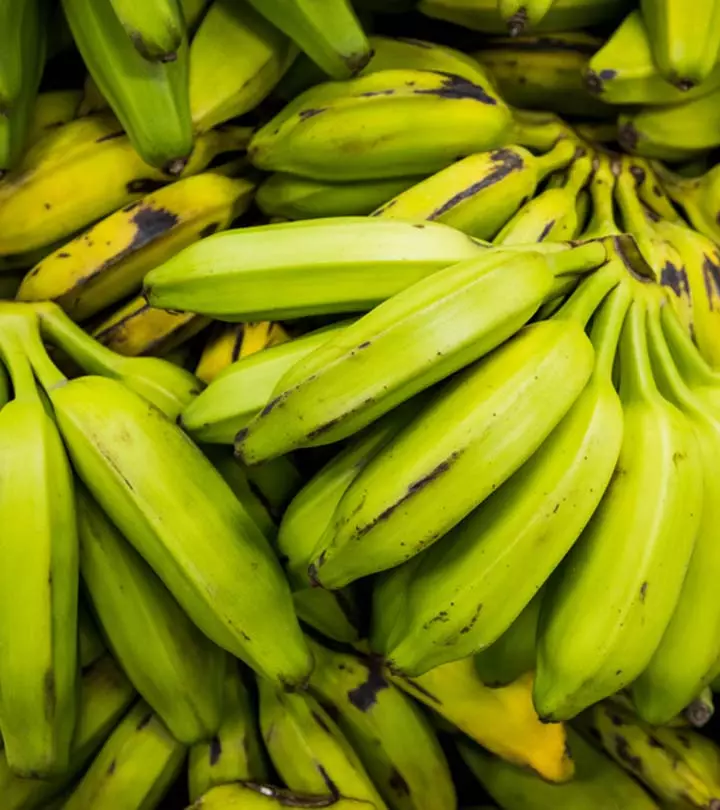
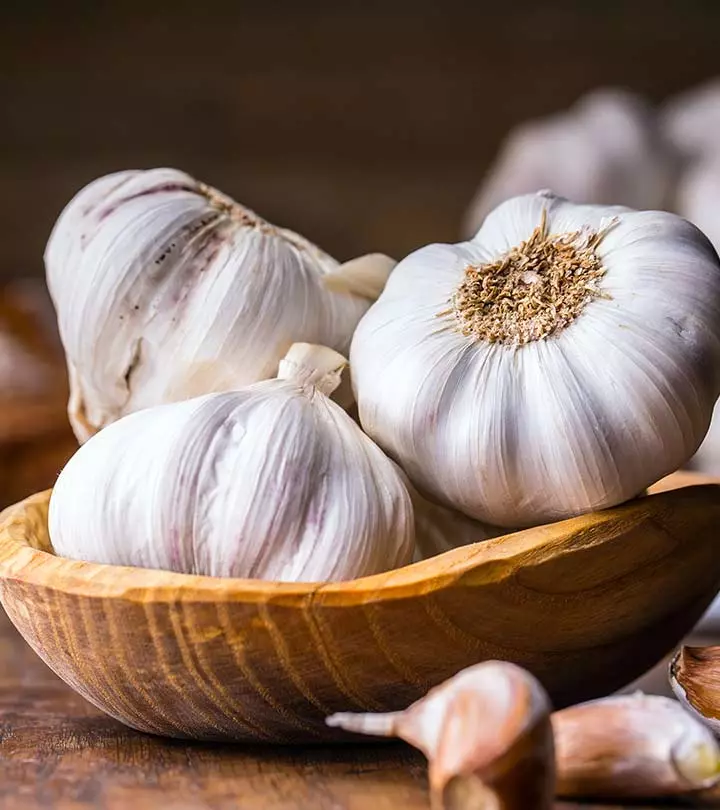
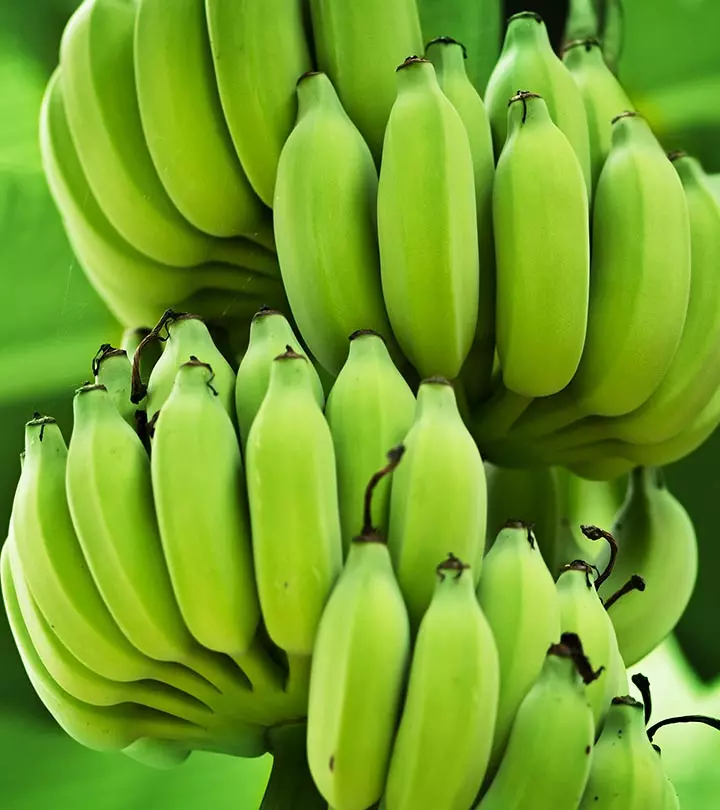
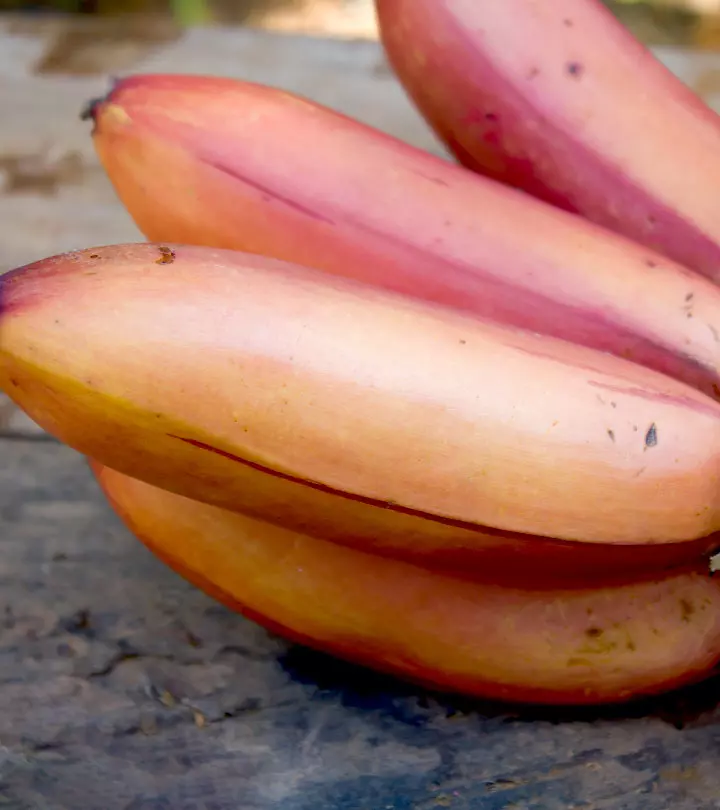

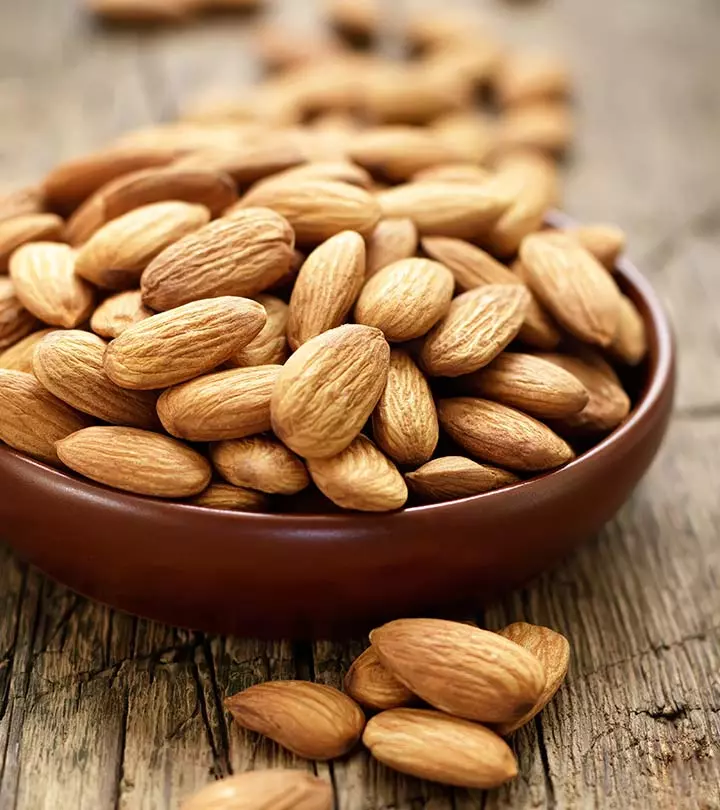
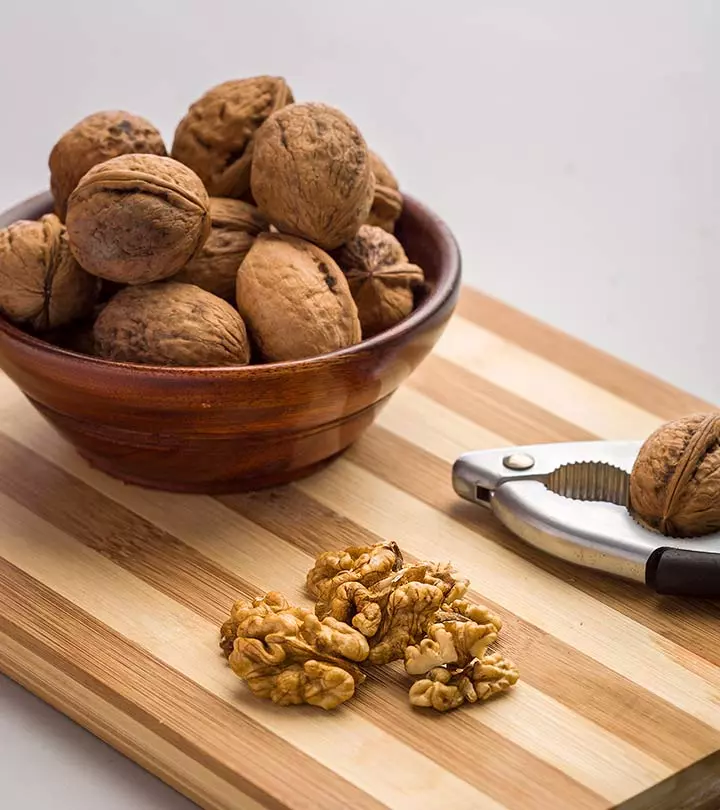
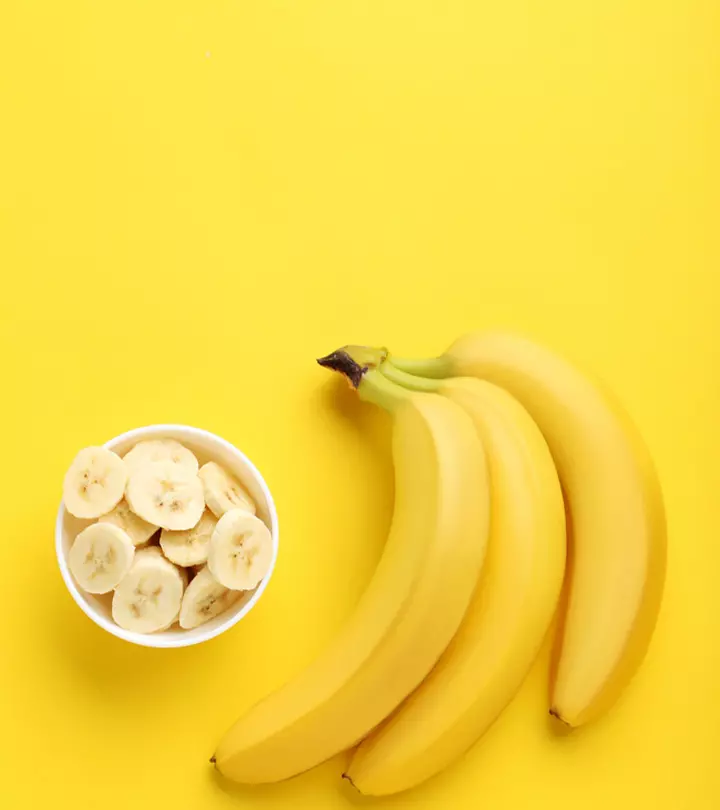

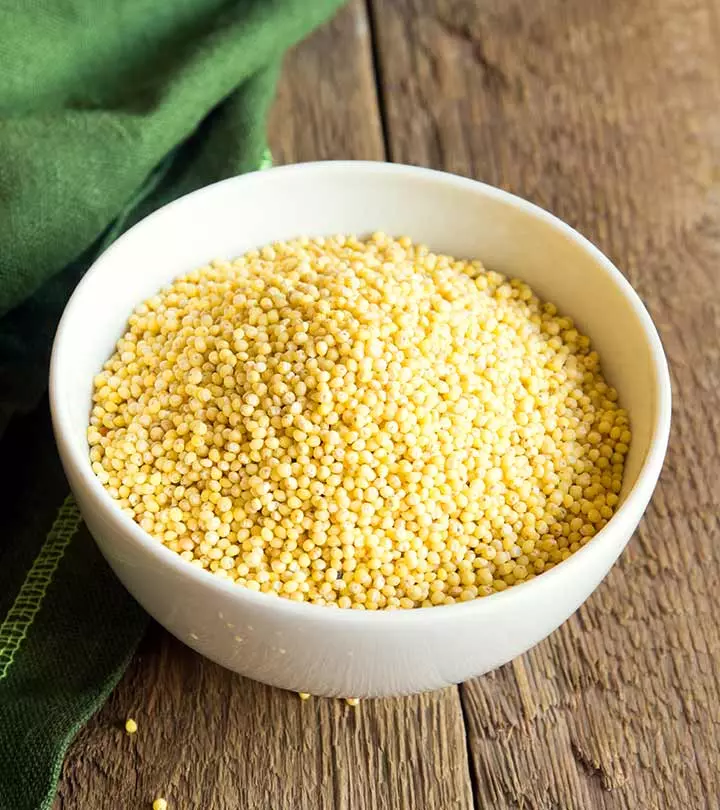
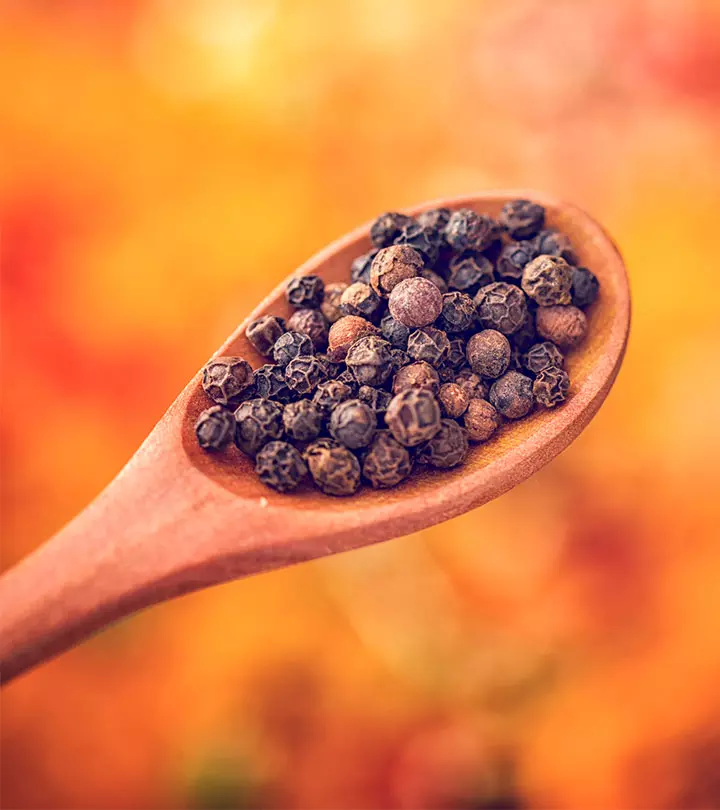
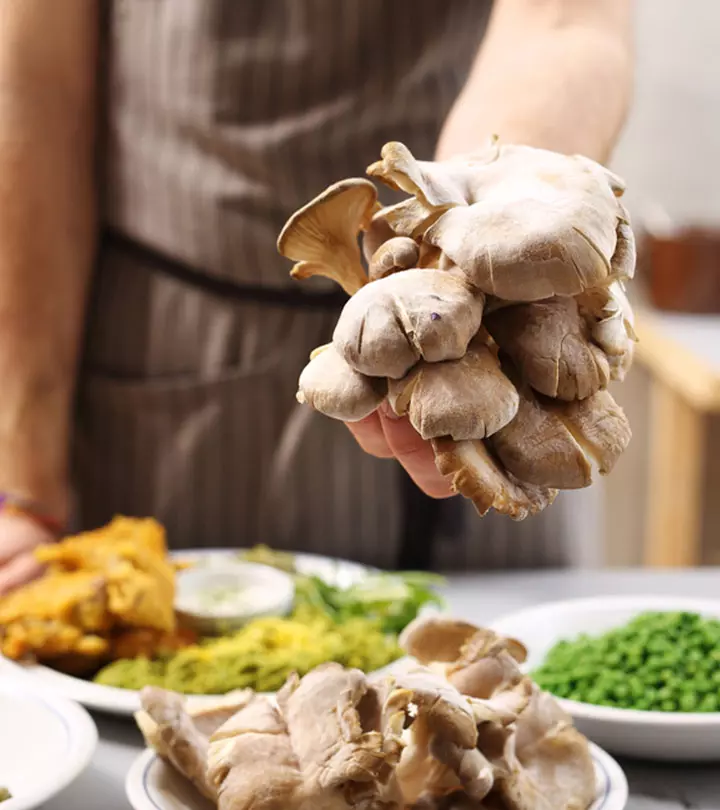


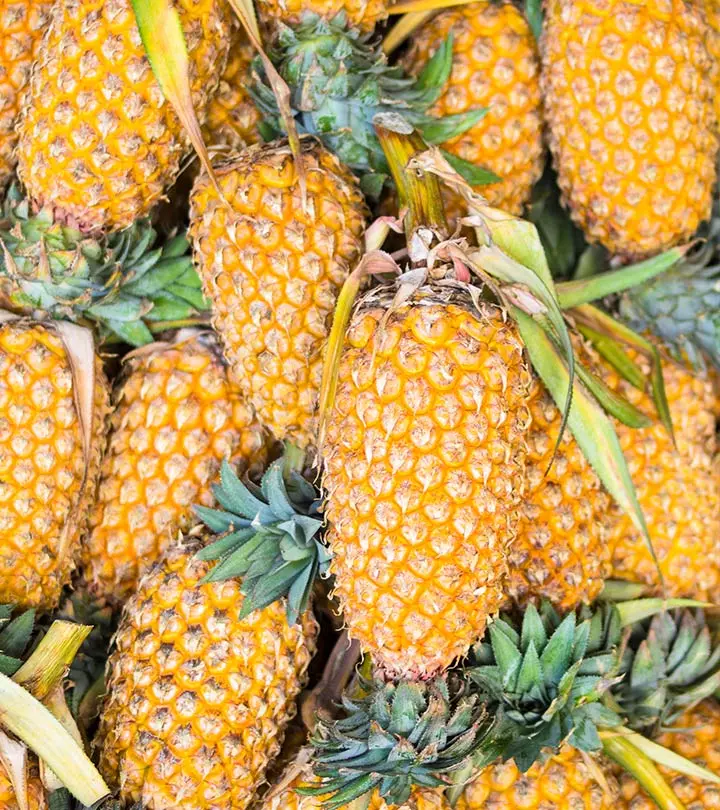
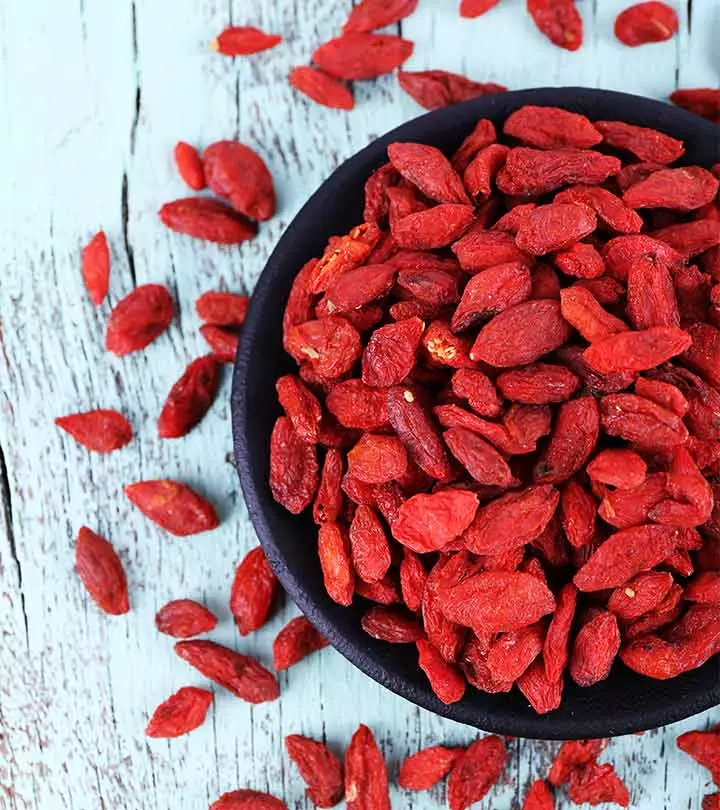
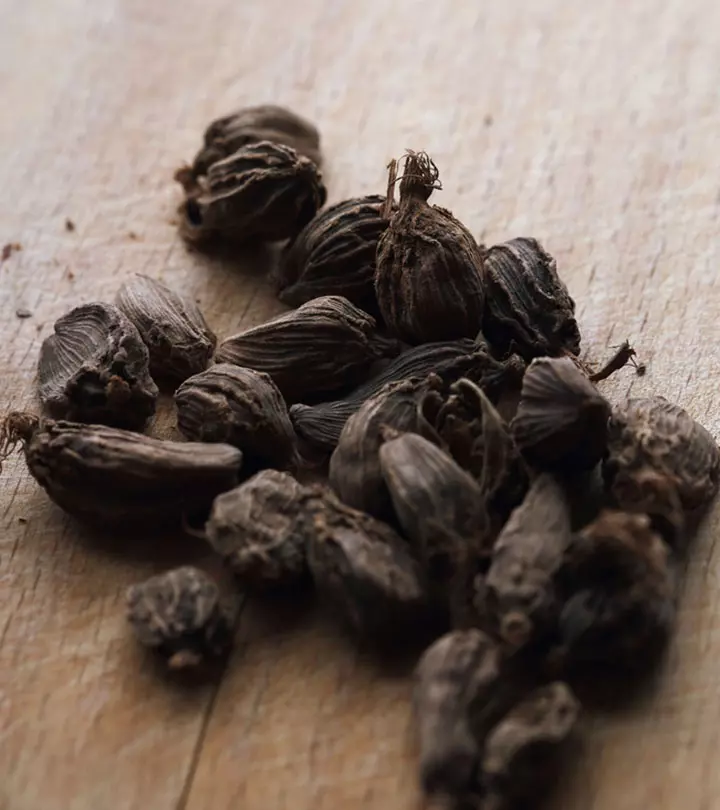

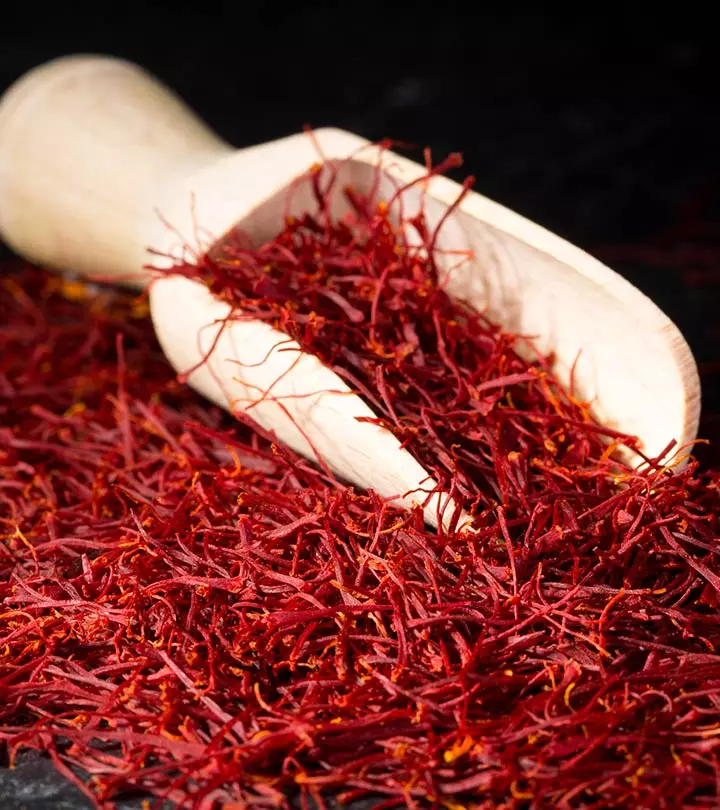
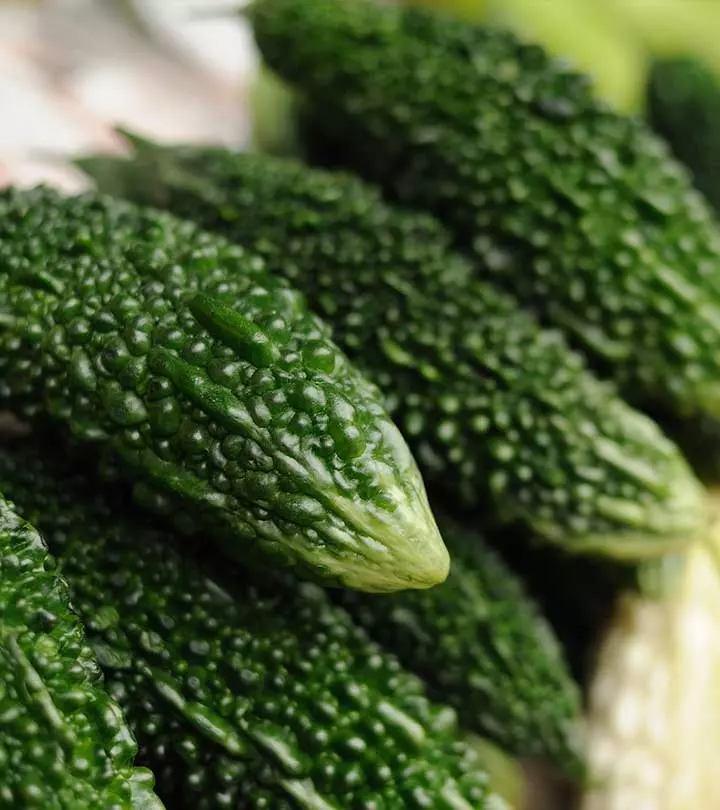
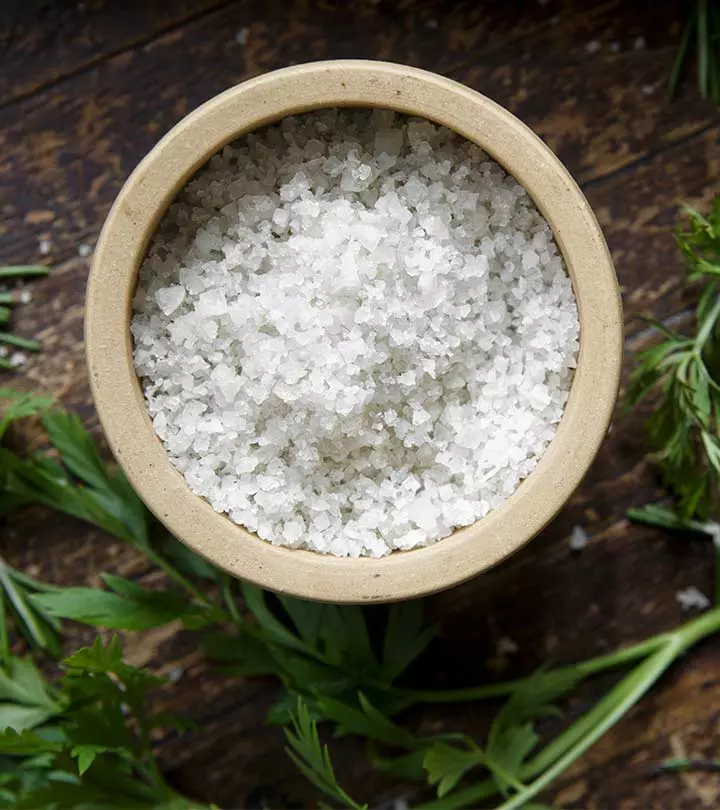
Community Experiences
Join the conversation and become a part of our empowering community! Share your stories, experiences, and insights to connect with other beauty, lifestyle, and health enthusiasts.